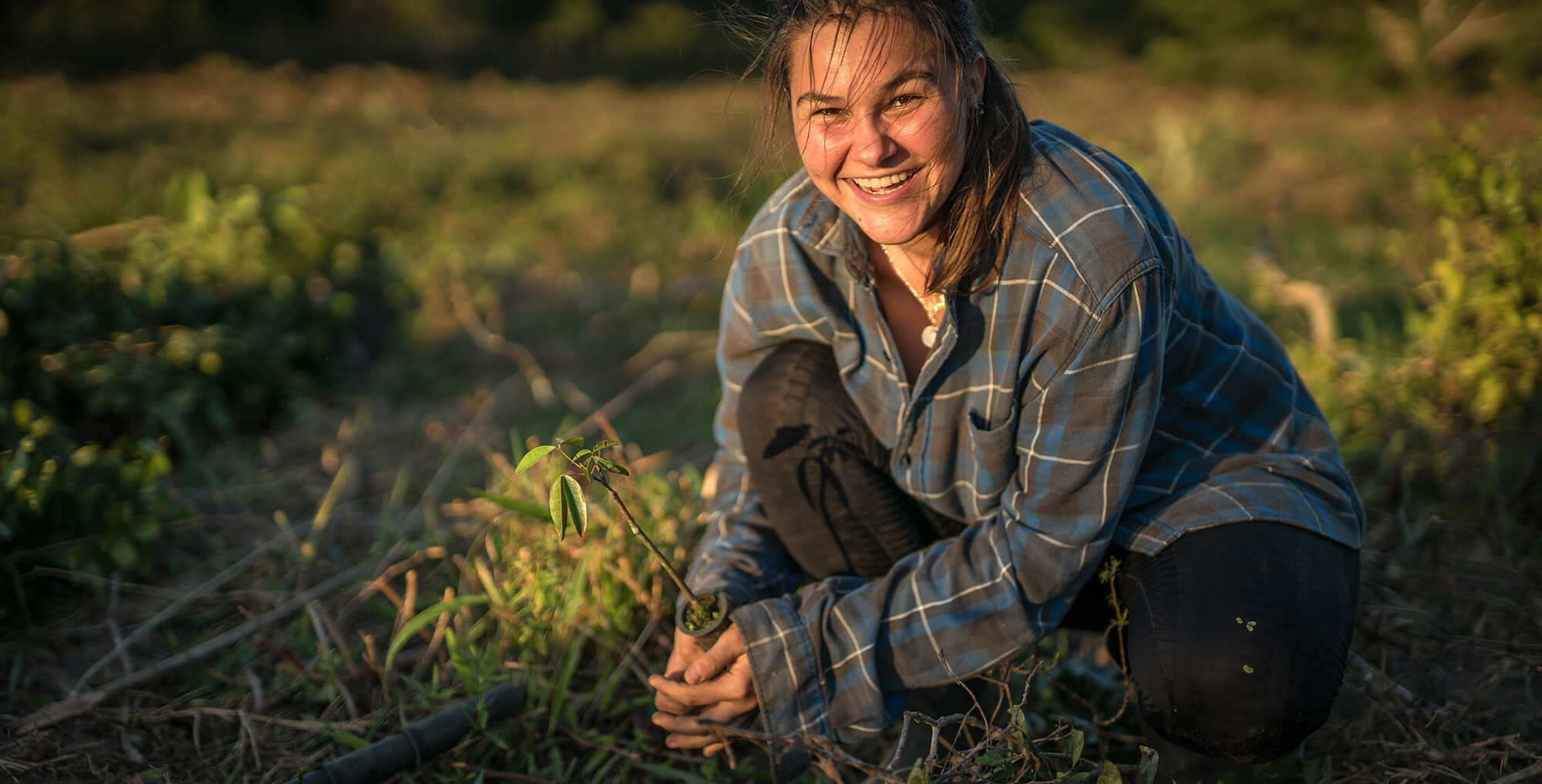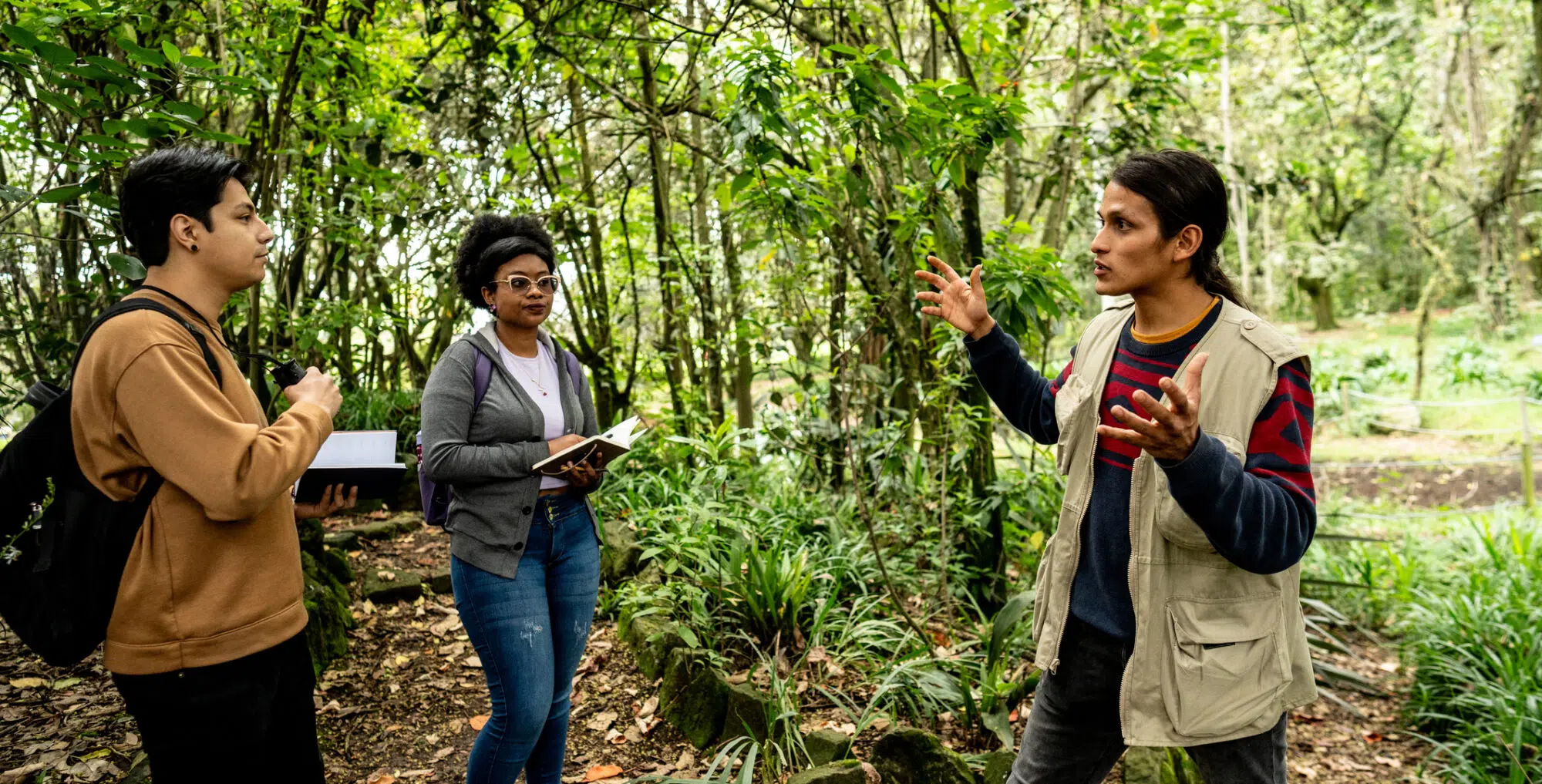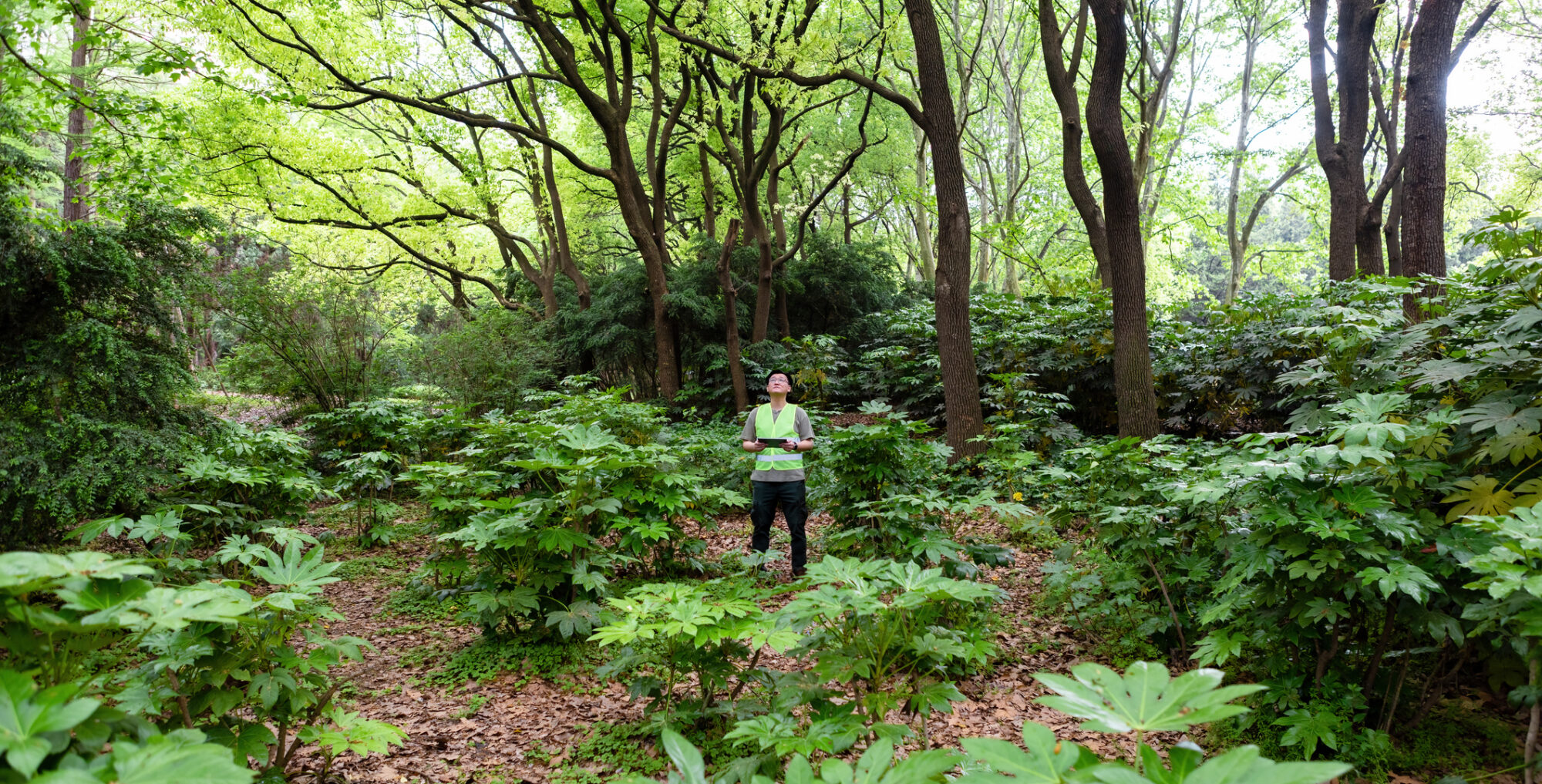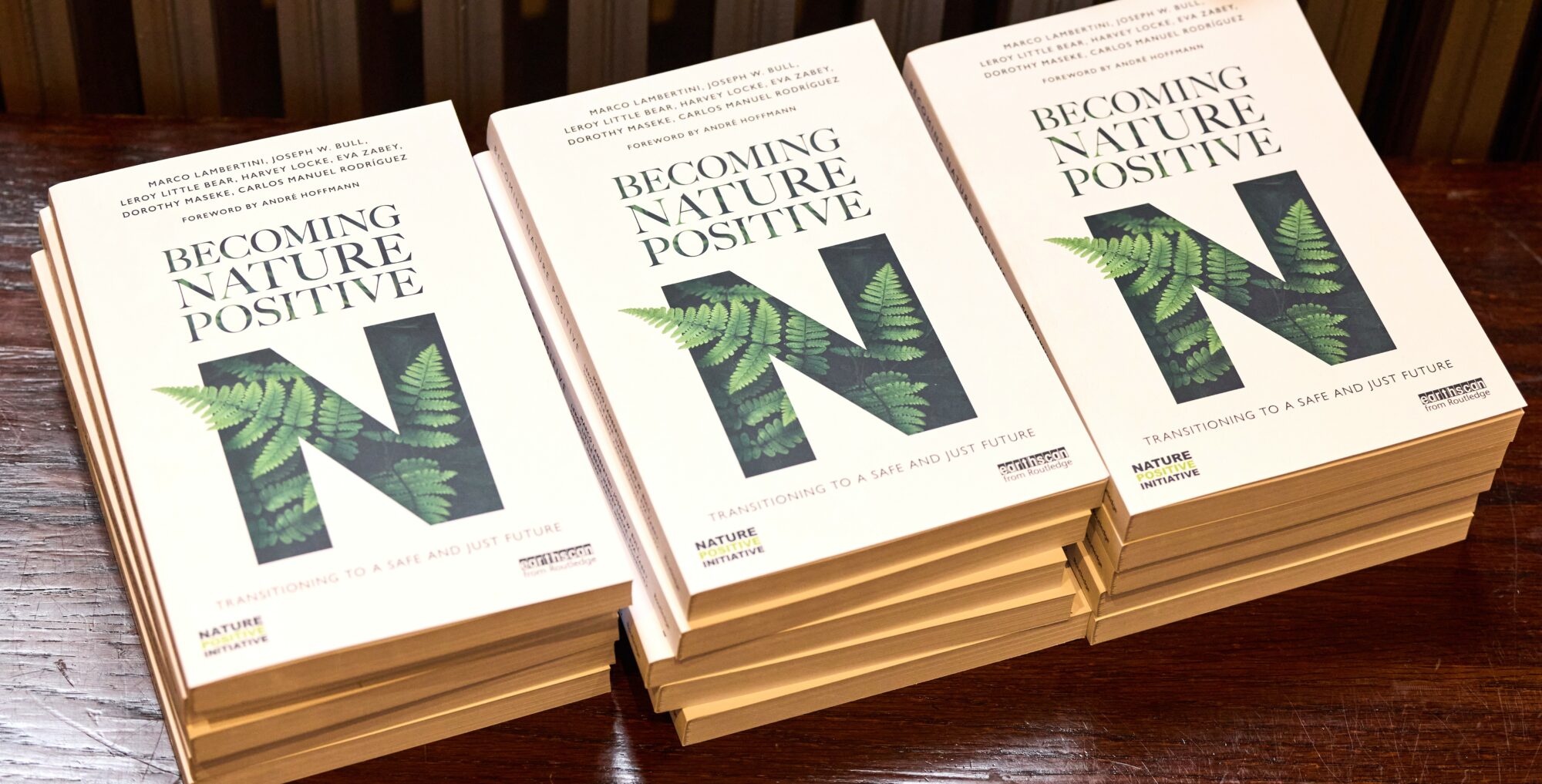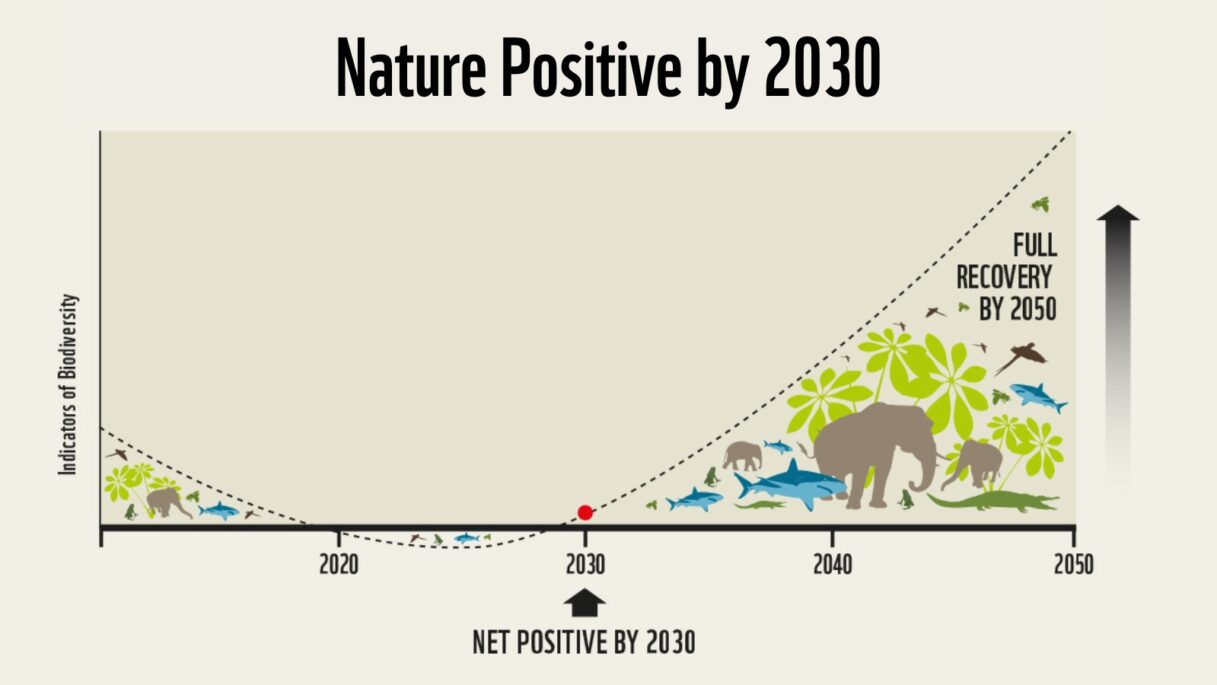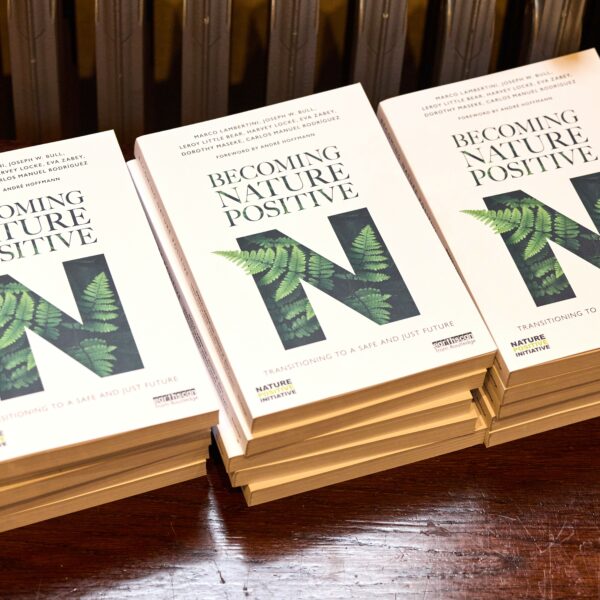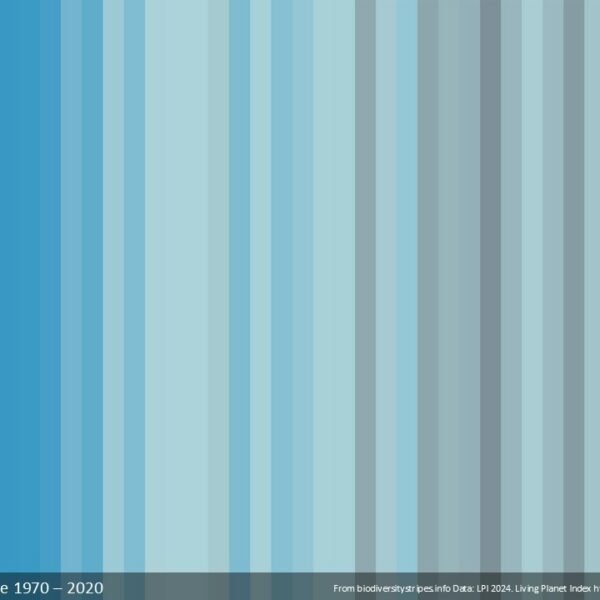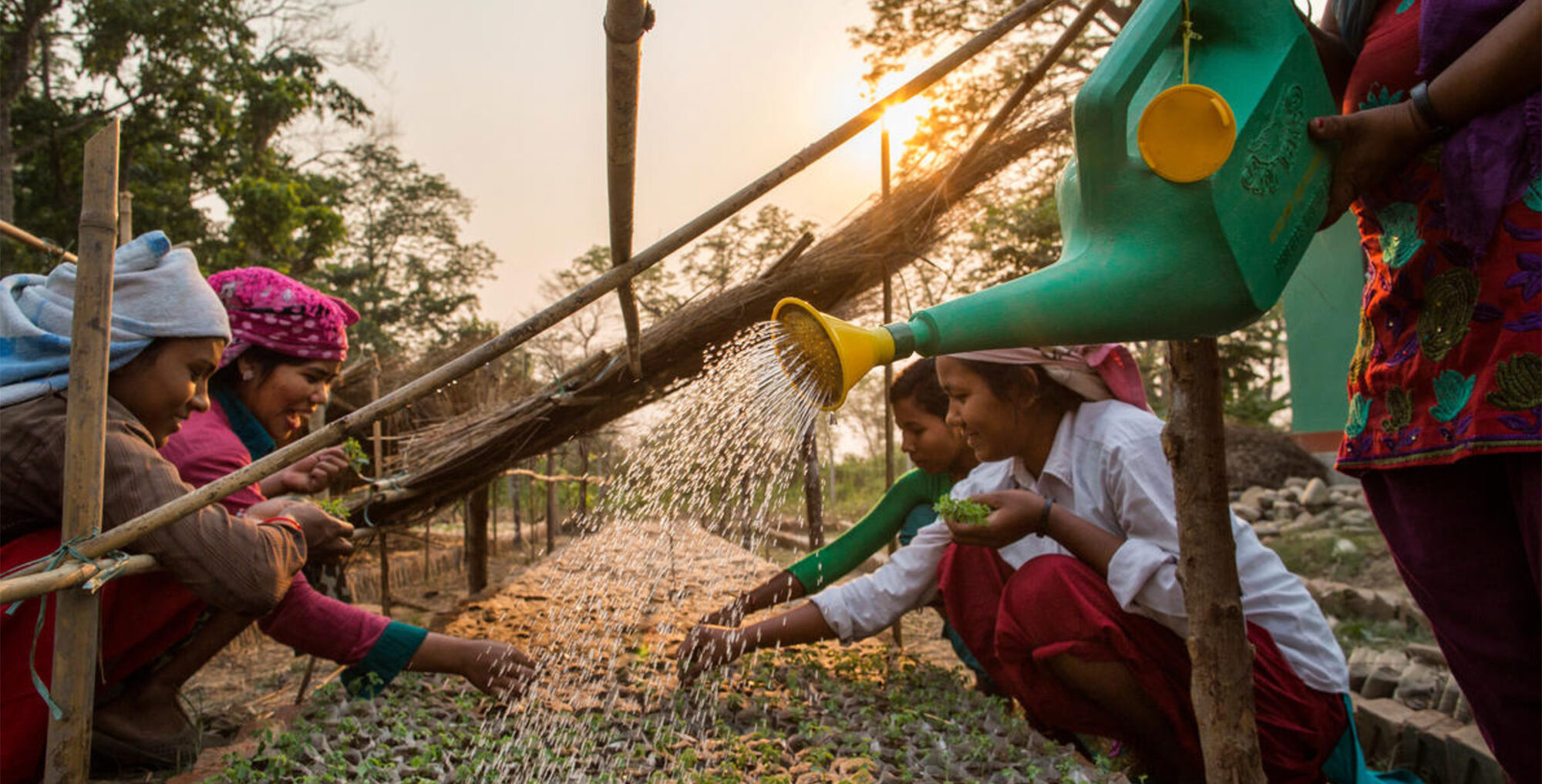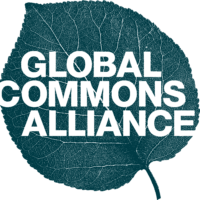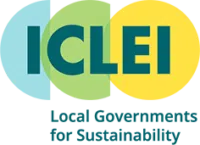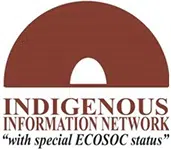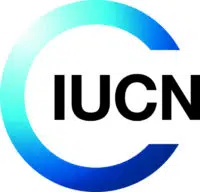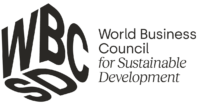
A Global Goal for Nature
Nature Positive by 2030
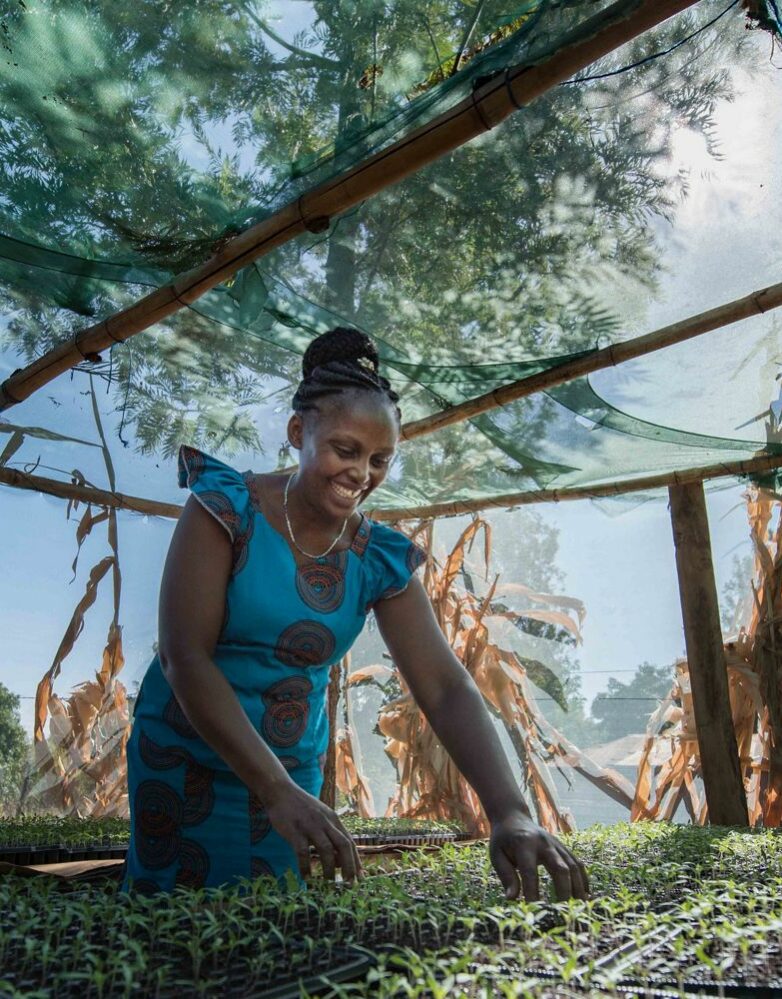
About the Nature Positive Initiative
Nature is in crisis…
placing human and planetary health at risk. This decade must be the turning point where we recognize the value of nature, place it on the path to recovery and transform our world to one where people, economies and nature thrive.
That’s why the world is coming together behind a global goal for nature. A goal to become nature-positive by 2030.
The initiative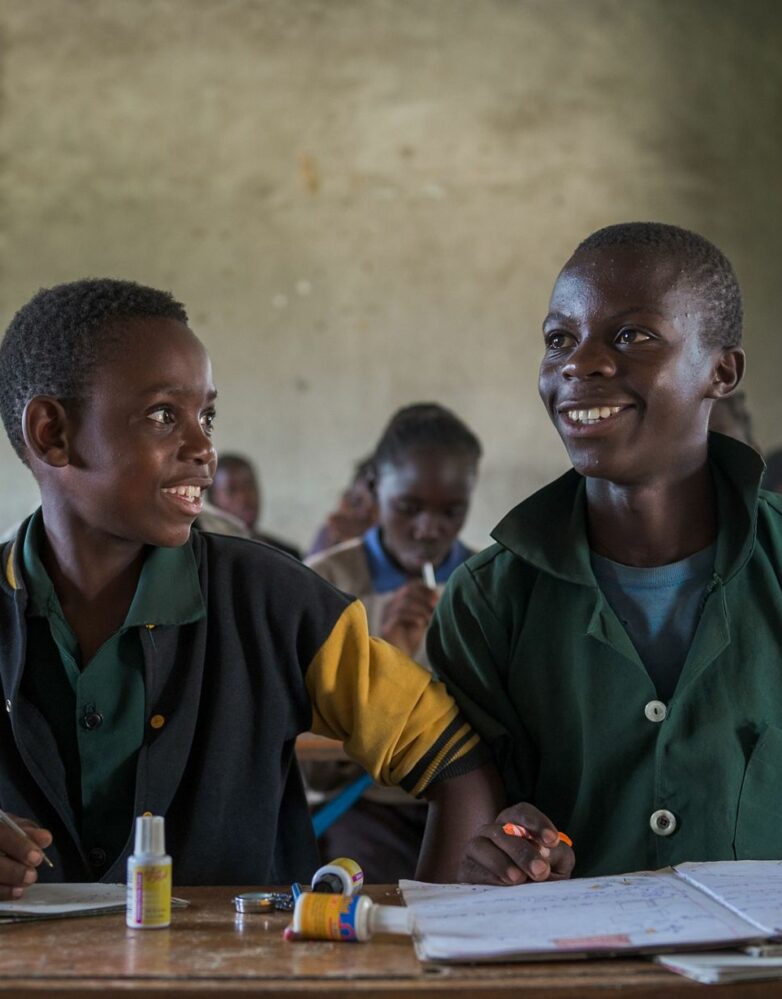
Supporting future generations…
Our goal…
In parallel to the UN Climate Convention’s “net zero” emissions goal, this global goal is our guiding light in securing a nature-positive world by 2030, by taking urgent action to halt nature loss now. It mirrors the mission set in the Kunming-Montreal Global Biodiversity Framework.
We need to halt and reverse nature loss measured from a baseline of 2020, through increasing the health, abundance, diversity and resilience of species, populations and ecosystems so that by 2030 nature is visibly and measurably on the path of recovery.
By 2050, nature must recover so that thriving ecosystems and nature-based solutions continue to support future generations.
Resources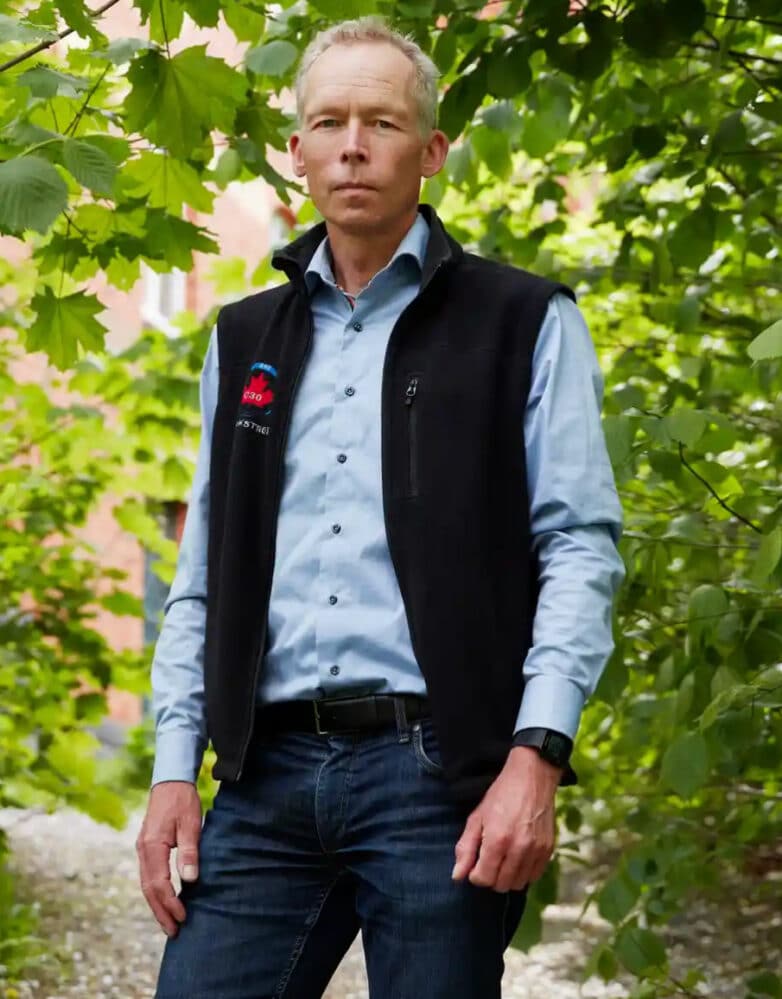
Key natural ecosystems are heading towards irreversible tipping points with dangerous consequences for the stability of our planet. This is why we need to set our global compass to halt and reverse nature loss to safeguard human and planetary health.
A global goal for nature aiming at achieving a net positive outcome by 2030 is crucial to secure a nature-positive future for humanity within our planetary boundaries.
